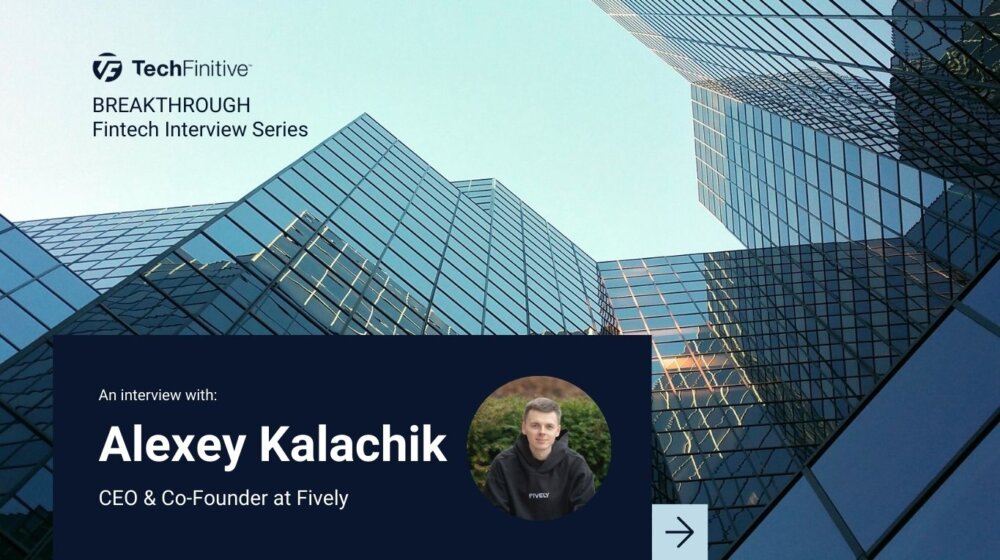
How AI and quantum computing could work together to transform medicine
As I shared in my article about real-world business uses for AI, I spent yesterday evening at IBM’s London HQ. The main event was an hour-long panel session about AI in business, but I was struck by one statement by Professor Katherine Royse. She is Director of the Hartree Centre, and due to its cutting-edge research she’s also a proponent of quantum technology.
“The next big thing is going to be the technology convergence, in my mind, between AI, high performance computing and quantum,” she said, when asked what the next Big Thing might be. But whilst most people think of AI as generative art, supercharged Google or as a helping hand in Microsoft Office, Professor Royse sees AI, quantum and high-performance computing as “all part of the continuum of the same thing”.
She added: “Once we get quantum up and running, I think we’re going to see the next transformation of what an AI system can do.”
How quantum will transform AI
Fellow panellist Ed Vaizey jumped in at that point to ask the key question: what, exactly, could it do? Professor Royse answered that we’re already seeing great results when we use “quantum algorithms within a classic workflow”.
She added: “For drug discovery, for example, we are finding that it is picking molecules better than a classic system would do. So that means that we would be able to have an accelerated discovery process.”
However, quicker results are just the start.
“[At Hartree] we were looking at ductal carcinoma in situ, which is something that I relate to because I’ve had to suffer from it myself. I’m very aware of how difficult the prognosis diagnostics are, and bringing in quantum algorithms to that meant that not only could it come up with a better cancer yes/no answer, but it could also go ‘this is the type of cancer’ with a 70% accuracy.”
This, Professor Royse explained, is “massive” compared to what we currently have. “Now those [results] are only in proof of concept, so I need to be very careful here, these are not industrial applications, but… in the next five years [these applications will] probably be out there and that’s what I’m so excited about.”
And this is just one improvement offered by hybrid workflows, combining high-performance computing, AI and quantum.
“Next time we have a global pandemic like Covid, we’ve already proved that using hybrid workflows would have come up with drugs that were potential treatment pathways more accurately than we did on the classic process. And that was a speed up compared to what we’d ever had before.”
NEXT UP

Say goodbye to scattered data with Salesforce Unified Knowledge
Scattered data is a problem for workers, customers and newly introduced AI. But now, Salesforce Unified Knowledge gathers siloed info from inside and outside a company.

Alexey Kalachik, CEO & Co-Founder at Fively: “The potential for digitalisation within insurance is enormous”
We interview serial entrepreneur Alexey Kalachik, CEO & Co-Founder at Fively, on the future of fintech and what makes this space so exciting for startups.

IBM bolsters AI push with Microsoft Copilot launch
In a bid to boost its AI offering, IBM Consulting will enable enterprises to create and manage AI copilots – including Copilot for Microsoft 365